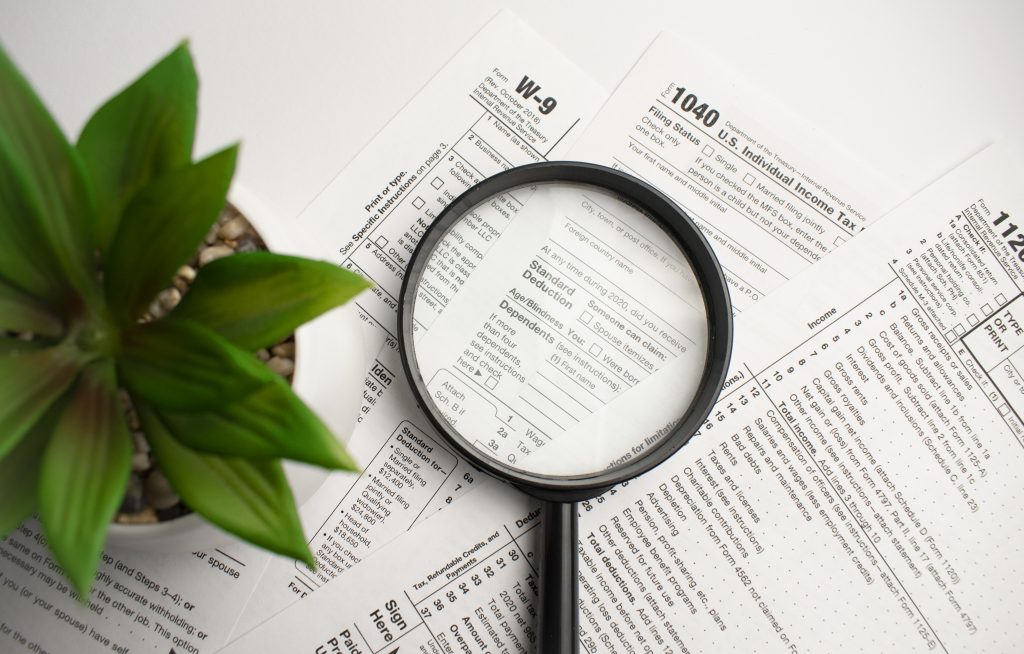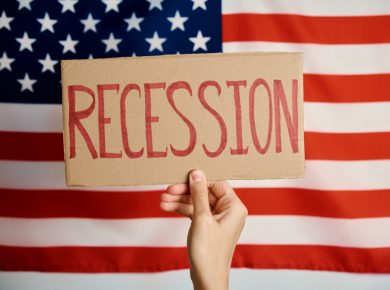Personal Finance is the organized technique for planning and managing personal financial activities such as making money, spending, saving, investing, and protecting. Managing personal finances can be summarized in a budget or a financial plan. This guide will help analyze the most common and essential aspects of personal financial management.
Personal finance, as a term, includes concepts of managing your money, saving, and investing. In addition, it provides banking, budgeting, mortgage lending, investment, insurance, retirement planning, and tax planning. Though One would think that personal finance would cover a whole industry that provides financial services to individuals and advises on economic and investment opportunities.

Personal finance is usually about achieving personal financial goals, adequately preserving temporary financial needs, retirement plans, or saving for your child’s college education. In particular, it depends on your income, expenses, living conditions, individual goals, and the project you are working on to achieve those goals within the constraints of your financial problems.
In this guide, we will focus on identifying the most critical areas of personal finance and exploring each of them in detail to have a complete understanding of the topic.
# 1 Income
Income means the source of income that a person earns and uses to support themself and their family. It is the beginning of our money-making process.
Typical sources of revenue are:

- Earnings
- Bonuses
- Hourly salary
- Pensions
- Assignments
These all sources of income generate cash that a person can use to spend, maintain, or invest. Thus, payment can be considered the first step in our financial road map.
# 2 Disposal
Expenditure includes all expenses incurred in the purchase of goods and services or any other helpful property (i.e., not an investment). All spending falls into cash (cash in hand) and credit (paid on loan). Most public revenue is allocated for use.
The most common sources of income are:
- Rent
- Housing payments
- Taxes
- Food
- Entertainment
- Travel
- Credit card payments

The costs mentioned above reduce the amount of money a person has to save and invest. If the price is more than the income, that person has a deficit. Cost management is as important as making money, and people often have more control over their expenses than their income. Good spending habits are important in managing one’s finances.
# 3 Saving
Saving means excess cash saved on future investment or spending. For Instance, in the case of an increase in income between an individual’s income and expenses, the difference can be attributed to savings or investments. Therefore, managing savings is an essential part of personal finance.
Standard savings methods include:
- Visible money
- Savings bank account
- Checking bank account
- Money market securities
Most people save some savings from controlling their cash flow and the temporary difference between their income and expenses. Too many savings, however, can be considered a negative as it benefits less compared to investing.
# 4 Investing
Investment is associated with the purchase of assets that we expect to produce a return on investment, hoping that, in time, a person will earn more than they originally invested. But unfortunately, investing is risky, and not all assets produce good returns. So it is where we see the relationship between risk and return.
Common types of investing include:
- Stocks
- Bonds
- Shared funds
- Real estate
- Private companies
- Goods
- Art

Investing is a very complex area of personal finance and is one of the places where people get professional advice. There is a considerable difference in risk and reward between investments, and many people seek help in this area of their financial system.
# 5 Protection
Personal protection refers to various products that we can use to monitor unforeseen and adverse events.
Typical defense products include:
- Life insurance
- Health insurance
- Housing planning
It is another aspect of personal finance where people often seek professional advice, which can be very difficult. Additionally We must conduct a series of analyses to properly assess private insurance and asset planning requirements.
Why Is Personal Money Important?
It is essential to know your finances to make the most of your income and savings. Furthermore the financial study helps you distinguish between good and bad financial advice and make wise decisions.
Few institutions offer certifications in managing your money, so it’s essential to learn the basics of free online articles, tutorials, blogs, podcasts, or libraries.
The new concept, innovative personal finance, involves:
- Developing strategies that include budgeting.
- Creating an emergency fund.
- Paying off debts.
- Use credit cards wisely.
- Saving for retirement and more.
Personal Financial Planning Process
Sound financial management leads to a firm and adherent plan. So It can wrap up all of the above areas of personal finance in a budget or a formal financial plan

Though These programs are often designed for banks and investment advisors who work with their clients to understand their needs and goals and develop the right course of action.
Generally, the critical components of an investment plan are:
- Testing
- Terms
- System development
- Execution
- Monitoring and evaluation
Tips and tricks for getting high profits
Security: Having cash at home may be unsafe as thieves can break into your house when you least expect it. All your efforts and efforts will be in vain in the event of disasters such as floods and fires. Therefore, the safest place to deposit your money is in a bank account. As long as you choose an actual, legitimate bank, the idea of protecting your personal finance or money is sorted out. Some banks offer money-back guarantees even in times of financial crisis.
Luxury: Money stored in a bank account can be accessed anywhere with many options such as bank branch, ATM, bank card, online banking, and more. So It can transfer money quickly to anyone in many ways.
Savings and Investments: The bank offers a variety of ways to save and invest in growing wealth. Additionally there are essential options that meet all your needs apart from keeping current accounts. For example, saving can help you stay active during Personal finance hardship or sudden unemployment. In addition, investing in mutual funds can help you grow wealth continuously over time.










